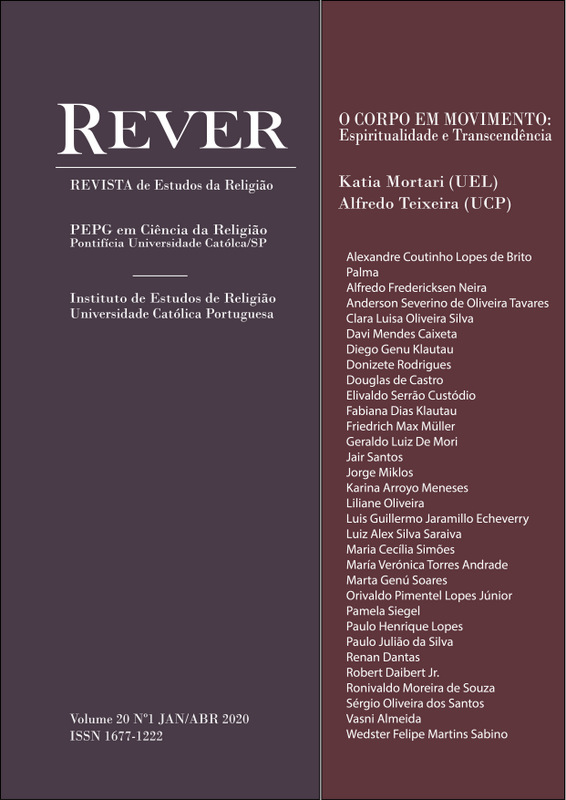Protestant religiosity before the black union of Amapá: the experience of Afro-Protestantism
DOI:
https://doi.org/10.23925/1677-1222.2020vol20i1a17Keywords:
Religiosity, Identity, Afro-Protestantism, AmapáAbstract
The present paper aims to discuss Protestant religiosity before the union of blacks from
Amapá: the experience of Afro-Protestantism, that is, the hybrid Afro-religious experience with the historical and Pentecostal Protestantism of a quilombo located in the municipality of Macapá-AP. Quilombo this one of African origin that arose in 1954, but that from 1968 opted for Protestant religiosity. The present work is an integral part of a qualitative ethnographic study that adopted the bibliographic research, the documentary analysis, the semistructured interview within the scope of the Doctoral Thesis in Theology defended in 2017 by Faculdades EST, in São Leopoldo-RS. The research results point out that CRQMP’s “new Quilombola identity” is the result of a combination of elements linked to the roots of its ancestry with elements and symbols of Protestant doctrines, there is a cultural-religious hybridism. Also, the results of the research demonstrate that although there is no essence of a pure and/or authentic black identity, the traces of black culture are presente in their daily lives, in the ways of creating, knowing and doing, as we could perceive in their religious celebrations Afro-Protestant.
Downloads
Published
Issue
Section
License
Authors who publish in this journal agree with the following terms:- Authors retain copyright, but grant the journal the right of first publication, with the work simultaneously licensed under the Creative Commons BY-NC License.
- Authors are authorized to assume additional contracts separately, for non-exclusive distribution of the work published in this journal (e.g., publishing in an institutional repository or as a book chapter), as long as with acknowledgment of authorship and first publication in this journal.


